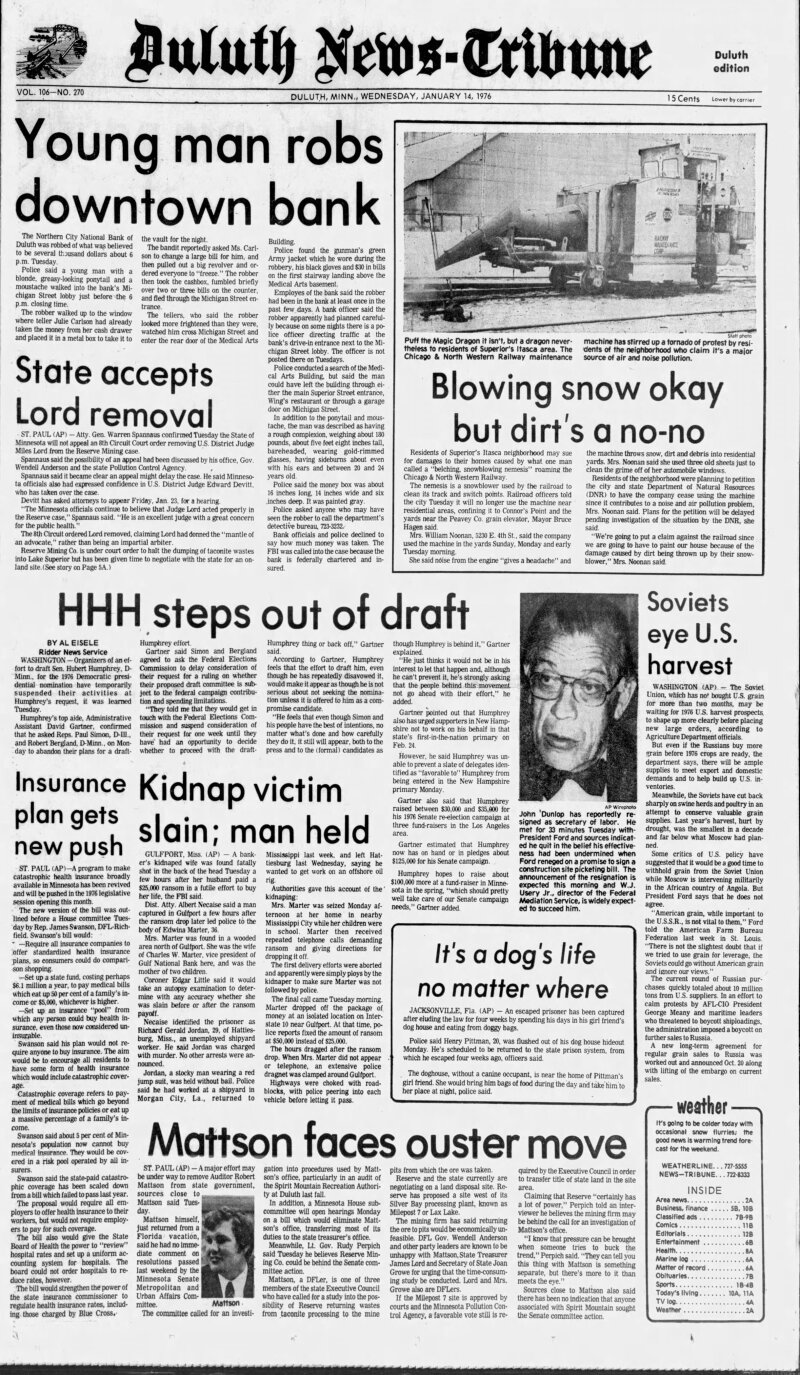Former U.S. Vice President Dick Cheney has died at the age of 84, as confirmed by his family. Cheney passed away on Monday due to complications from pneumonia and cardiac and vascular disease, marking the end of a significant chapter in American political history.
Cheney’s political journey was marked by both power and controversy. He served as Vice President under George W. Bush from 2001 to 2009, becoming a central figure in the administration’s policies, particularly the decision to invade Iraq in 2003. Before his tenure as Vice President, Cheney held the position of Secretary of Defense under George H.W. Bush during the Gulf War, where he played a pivotal role in orchestrating military strategy.
In recent years, Cheney was known for his strong support of his daughter, Liz Cheney, especially as she emerged as a prominent Republican critic of former President Donald Trump. Liz Cheney’s stance on the events surrounding the January 6, 2021 insurrection at the U.S. Capitol put her at odds with many in her party, but her father remained a steadfast ally.
Legacy of Power and Controversy
Cheney’s legacy is complex. He is often regarded as one of the most powerful Vice Presidents in American history, wielding considerable influence over national security and foreign policy. His advocacy for the Iraq War has drawn both praise and condemnation, reflecting the deeply divided opinions surrounding his decisions.
The former Vice President’s health issues had been a concern in recent years, with reports indicating he had faced multiple health complications. Despite these challenges, he remained active in political discourse and advocacy, particularly regarding the future of the Republican Party and its alignment with Trump’s policies.
His passing has prompted reflections on his impact on American politics, with many noting the significant role he played during a transformative period in U.S. history. Cheney’s decisions and their consequences continue to shape discussions around foreign policy and national security today.
As the nation remembers Cheney, discussions about his controversial legacy are likely to resurface, highlighting the ongoing debates about the Iraq War and the role of the Vice President in American governance.







